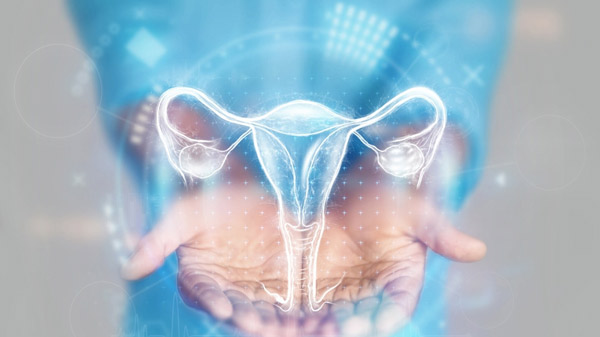
- Infertility Treatment -
Infertility in women can be due to structural problems in the fallopian tube, or due to endocrine & metabolic disorders like PCOS, Thyroid abnormalities, or due to endometriosis, adenomyosis, etc.. & most of these diseases are due to stress & sedentary lifestyle.
In men, it’s due to low sperm count or motility, erectile dysfunction., varicocele, hydrocele, impotency, or due to endocrine disorders.
Treatments like yoga, dietary modifications, hydrotherapy treatments, acupuncture & lifestyle modifications help to overcome infertility & help to conceive naturally.
Infertility can be a challenging issue for individuals or couples who are trying to conceive. However, there are various treatments available that can help increase the chances of getting pregnant. Here are some common infertility treatments:
1. Fertility Drugs : Fertility drugs are often used to stimulate ovulation in women who have irregular or infrequent menstrual cycles. These medications help regulate ovulation and increase the chances of getting pregnant.
2. Intrauterine Insemination (IUI) : IUI involves placing sperm directly into the uterus using a catheter. This treatment can be used when there are issues with sperm count or mobility, or when there are cervical mucus problems.
3. In Vitro Fertilization (IVF) : IVF involves fertilizing an egg outside of the body and then transferring it back into the uterus. This treatment can be used when there are issues with ovulation, blocked fallopian tubes, or male-factor infertility.
4. Intracytoplasmic Sperm Injection (ICSI) : ICSI is a specialized form of IVF where egg gets directly injected with a single sperm. This treatment can be used when there are issues with sperm quality or quantity.
5. Surgery : Surgery may be necessary to correct structural problems in the reproductive system, such as blocked fallopian tubes or fibroids.
It’s important to discuss your options with a qualified healthcare professional to determine the best course of action for your individual situation.
1. Fertility Drugs : Fertility drugs are often used to stimulate ovulation in women who have irregular or infrequent menstrual cycles. These medications help regulate ovulation and increase the chances of getting pregnant.
2. Intrauterine Insemination (IUI) : IUI involves placing sperm directly into the uterus using a catheter. This treatment can be used when there are issues with sperm count or mobility, or when there are cervical mucus problems.
3. In Vitro Fertilization (IVF) : IVF involves fertilizing an egg outside of the body and then transferring it back into the uterus. This treatment can be used when there are issues with ovulation, blocked fallopian tubes, or male-factor infertility.
4. Intracytoplasmic Sperm Injection (ICSI) : ICSI is a specialized form of IVF where egg gets directly injected with a single sperm. This treatment can be used when there are issues with sperm quality or quantity.
5. Surgery : Surgery may be necessary to correct structural problems in the reproductive system, such as blocked fallopian tubes or fibroids.
It’s important to discuss your options with a qualified healthcare professional to determine the best course of action for your individual situation.
